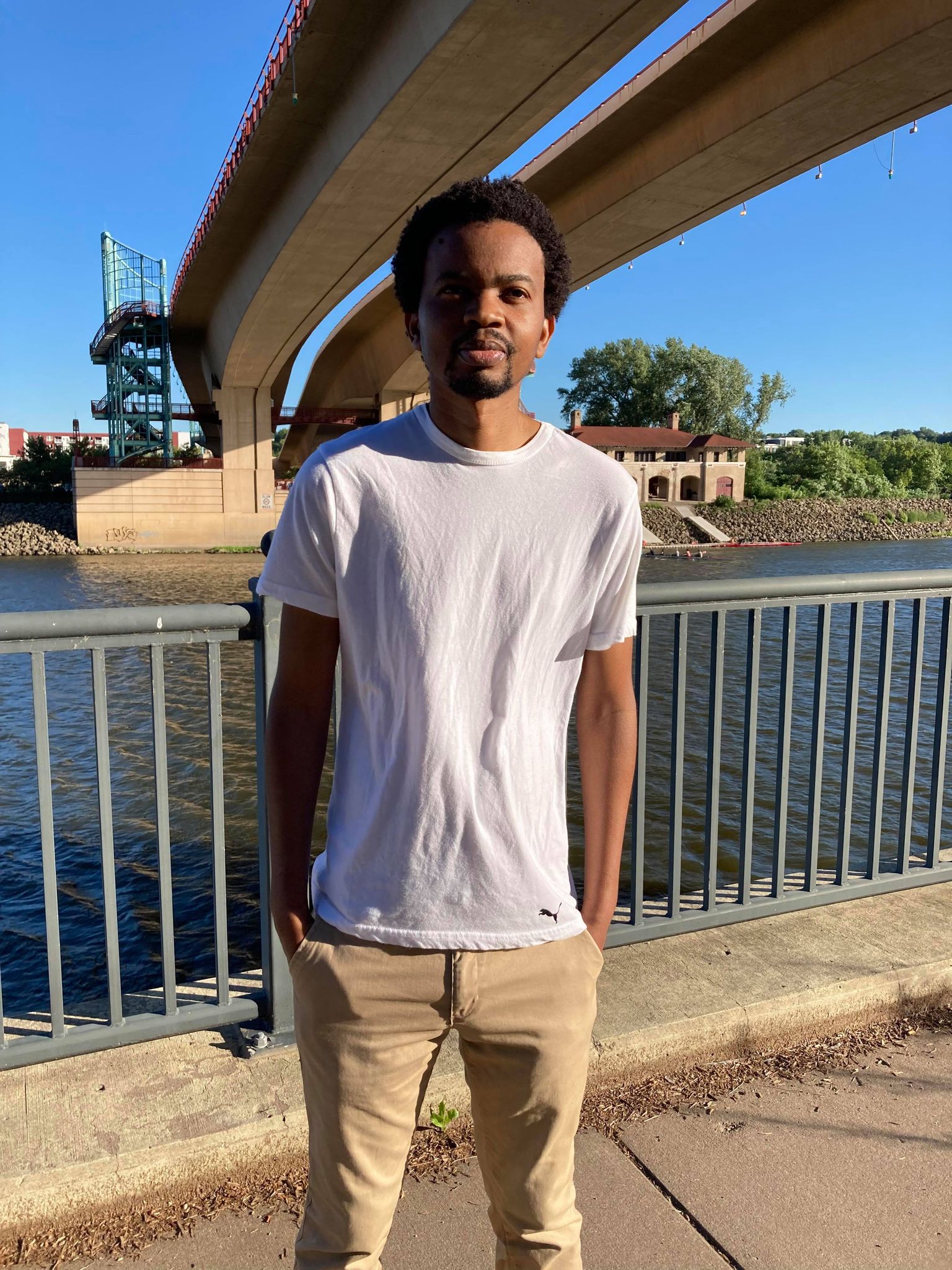"Many Sports Clubs are a Cloak for Political Organizations": A Political, Cultural, and Social History of Soccer in Zimbabwe, 1890-2023.
I ask the fundamental question: what games were the colonial state, capital, Africans, and other participants in soccer playing in a changing environment of political constriction, the radicalizing struggles for independence, and under the exuberant nation-building program after independence in 1980?
Ndimande, Jefferson, Book Review of ‘ Safari Nation: A Social History of the Kruger National Park,’ by Jacob Dlamini, The Dyke 16, 2, 2023.
Ndimande, Jefferson, Book Review of ‘The Political Life of an Epidemic: Cholera, Crisis, and Citizenship in Zimbabwe,’ by Simukai Chigudu, The Dyke 15, 2, 2022.
HIST 8B Latin American History: Independence and National Period, Spring 2023
HIST 49B Survey of African History, Winter 2023
HIST 4A The Ancient Mediterranean, Fall 2022
HIST 17C The American People, Spring 2022
HIST 17B The American People, Winter 2022
HIST 17A The American People, Fall, 2021
HIST 49A Survey of African History, Spring 2021
HIST 49C Survey of African History, Winter 2021
HIST 49B Survey of African History, Fall 2020
MA African History Book Prize, Midlands State University ( 2019)
‘The youth of Africa should not be oriented toward the stadiums, but toward the fields, the fields, and the schools. The stadium is not an urban showpiece, but a rural space that is cleared, worked, and offered to the nation. The capitalist notion of sports is fundamentally different from that which should exist in an underdeveloped country. ’-Frantz Fanon
‘The greatest weapon in the hand of the oppressor is the mind of the oppressed.’ Bantu Biko
‘Singayi susa nanini’- Winnie Madikizela-Mandela
‘Sports and other competitions were encouraged by enslavers and colonizers as a way to arrest the minds and bodily energies of the oppressed, to keep them engrossed in exhausting competition but away from aspirations of freedom and power. Through the creativity and courageous innovation of the oppressed sports were adopted, adapted, and used as an instrument of protest and a venue for cultural and political mobilization.’ -Cetshwayo Zindabazezwe Mabhena
When I started, a foreigner came to this country and had an English accent and got a job. Then we had Brazilians. Moroka Swallows had a beach soccer coach once. I mean are you crazy? What are you doing, having a laugh or what? Then there are plumbers, electricians, and fishermen. Whatever We’ve got to believe in our own’- Gavin Hunt
I study sports in Africa with a focus on the southern parts of the continent. I am largely interested in the ‘ ball’ sports of empire-rugby, cricket, and soccer. The trinity of sports was important in the empire’s articulation of the nation, manliness, and the construction of being. Rugby was the quintessential ‘man’s game’, whereas cricket was the gentleman’s game, and soccer was the ‘people’s ballet.’ Pardon the pun, but ‘balls’ mattered in empire and in the construction of modernity, national hygiene, and national identity. With the attainment of independence, one has to ask what role, if any, did sports play in the new nation-state project. What did early African nationalists such as Kwame Nkrumah, Amilcar Cabral, Julius Nyerere, Joshua Nkomo, Robert Mugabe, Robert Sobukwe, Nelson Mandela, Samora Machel, Jomo Kenyatta, to mention but a few think about the role of sport in society? Soccer is a political act. I use soccer as a lens to offer insights into various aspects such as gender, consumption, fandom, media, national identity, nationalism, soccer grounds, stadia, politics, international relations, soccer rivalries, history, and women’s soccer.

